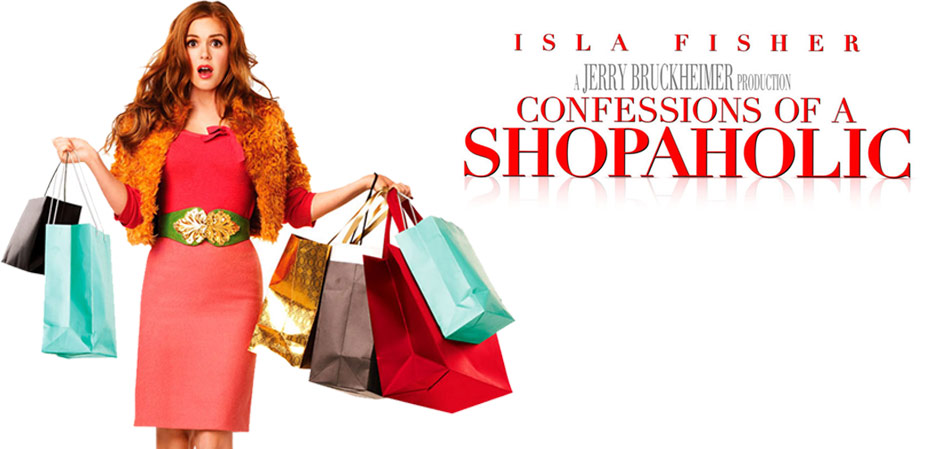I started to ask myself: Why am I associating ‘girly’ with ‘trashy’? Why am I dismissing this book that gives me pleasure? Why do I feel the need to justify my reading of it? I realised that I had naturalised a very sexist perspective on the romance genre. One that saw the genre as unintellectual and “weak”, when in fact most romance novels are feminist and intellectual.
Romance is one of the few literary genres dominated by women – chiefly written for women by women, and depicting women as active and engaged protagonists. The criticism that romance novels are based on the damsel in distress formula – a woman needing to be rescued by a man – is simplistic at best. Should you have read as much romance as I have, you will know that most novels portray smart, strong, independent women, such as the protagonists of Gone with the Wind, Pride and Prejudice, and even Fifty Shades of Grey.Novels in which the woman is not so empowered from the start tend to show her undergoing a transformation into a strong, sophisticated beauty.
Although, admittedly, more often than not the trigger of this transformation is the man, the qualities the woman comes to reveal were intrinsic to her from the beginning. The criticism remains that the woman needs the man to feel complete. However, the same is true for the man, who is hopelessly in love with her.
The other major criticism of romance novels is that they are forms of escapism. I mostly disagree. In my opinion, what is easily interpreted as escapism is actually a female reader taking her happiness and pleasure into her own hands. If she feels frustrated or unfulfilled by her love life and is in a situation where her circumstances cannot be immediately changed, it is an act of protest and empowerment to find self-fulfilment, even if it is only temporary.
Romance novels depict women as deserving of love and respect and allow readers to step into the shoes of the heroine. Furthermore, in what pertains to arousal, it is empowering for women to enjoy and explore their sexuality.
The notion that romance novels are shallow is yet another fallacy. A convention of the genre might be for the resolution to be uplifting; however, a happy ending need not be frivolous. Sometimes a happy ending is muted: two people finding contentment rather than joy together. Additionally, a happy ending does not diminish the meaningful struggles the protagonist has faced or the novel’s treatment of serious themes, such as mental health and social class in The Notebook.
Not all romance novels are good, as is true for any genre. However, whether a piece of romantic literature lacks in form or substance is the fault of the author, not the genre. It is narrow-minded to perceive romance as anything less than a valuable form of literary expression.
Mariana Avelino
(Photo credit: http://www.sophiekinsella.co.uk/)

